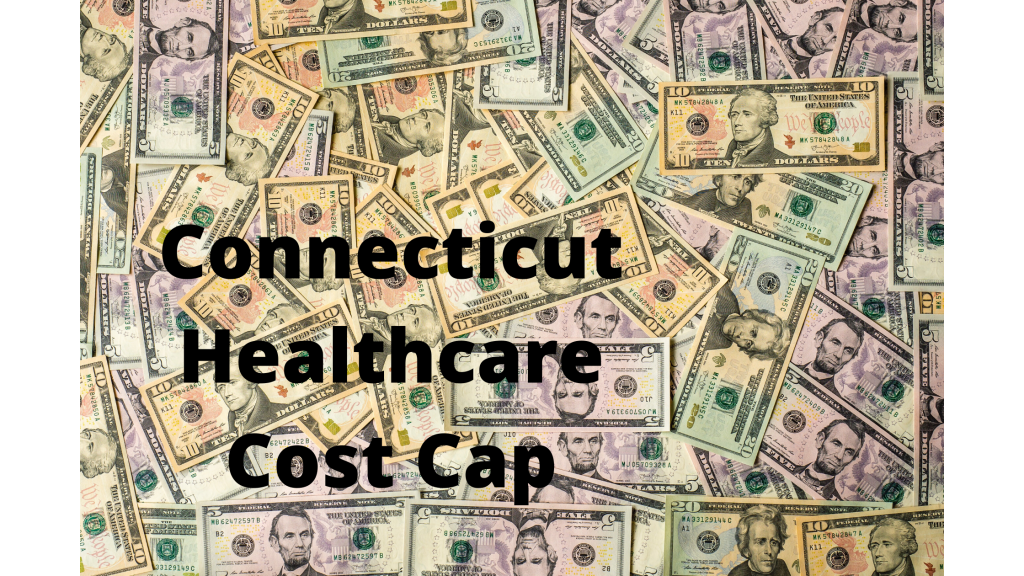Cost Cap primary care project only focusing on raising spending, not services

At the October 26th Primary Care Subgroup meeting, in response to questioning by a member, the Office of Health Strategy’s (OHS) consultants repeatedly confirmed that the goal of the Cost Cap provision on primary care is solely to raise spending, not to increase services. Members raised serious concerns about sending more money into the current system and “hoping” that provider and insurer leadership will devote the resources to practice change. Members stated that they expected there would be meaningful monitoring and enforcement to ensure that new resources would be devoted to improvements such as embedded care managers, community care, connections to mental health services, and afterhours access. Several members raised deep concerns about the lack of monitoring or regulation to ensure the funding doesn’t just result in “more money to providers to do the same things they are doing now.” One felt it was “frightening to firm up this plan without any monitoring in place.” Consultants noted that while providers will be paid more as soon as they indicate an intention to transform their practices, they “won’t be asked to do anything for a long time.”
Prior experience was raised with a failed OHS reform that included only one consulting group to implement and monitor a provider initiative. The lack of progress necessitated hiring another consulting group to supplement the work.
OHS consultants noted that Rhode Island instituted a similar spending increase for primary care which worked to increase that spending, however, responding to a question, the consultants noted there has been no analysis of the impact on quality of care. Consultants also confirmed that they are using a controversial narrow definition of primary care to exclude primary care services provided by OB/Gyns. That decision was hotly debated by the Cost Cap Technical Team as inappropriately excluding a lot of primary care and ignoring patient choice of providers. The Technical Team has now been replaced by a new, industry-driven committee.
In an abrupt reversal, the committee will no longer consider payment arrangements, including OHS’s strong recommendation to implement primary care capitation across the state. That decision has been taken back to OHS, without further input from the Primary Care Subgroup.

